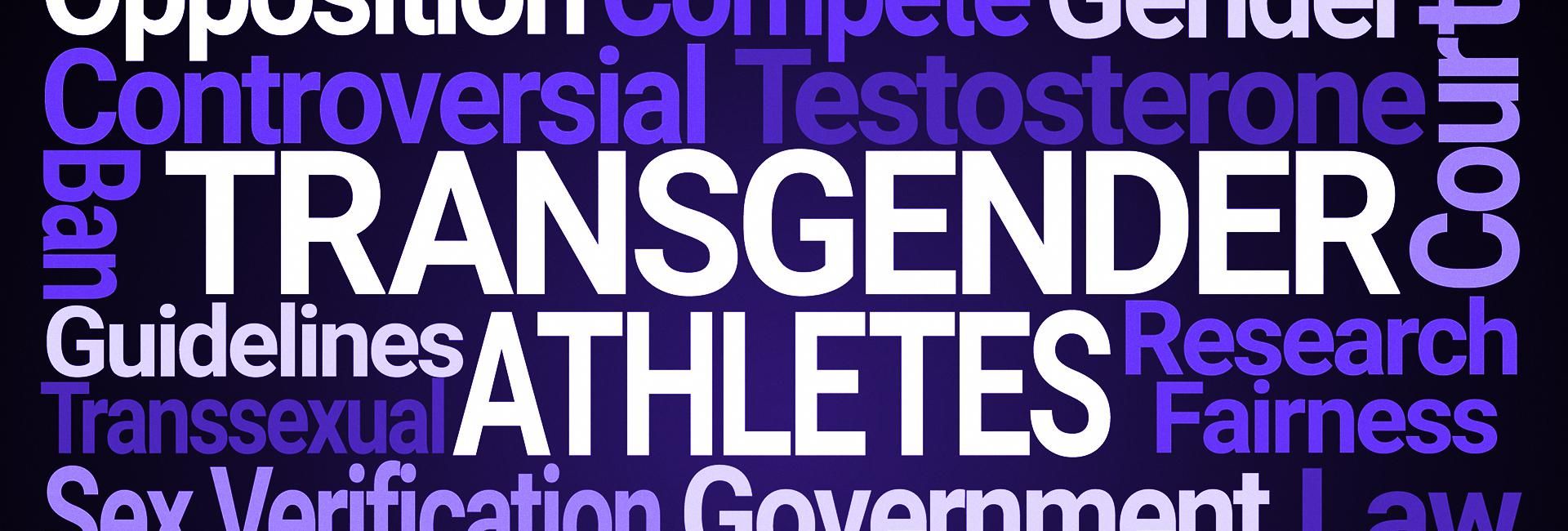When New Zealander weightlifter Laurel Hubbard steps up to compete this evening in the Tokyo 2020 Olympics, it will signal a new era of inclusiveness in the games, but her appearance will not come without backlash.
Ahead of her competition, the International Olympic Committee has praised her "courage and tenacity".
The selection of Hubbard, 43, as the first openly trans athlete selected to compete in an Olympics, came two months after the International Olympic Committee (IOC) released a revised Olympic oath, which includes words associated with inclusion.
"We promise to take part in these Olympic Games, respecting and abiding by the rules and in the spirit of fair play, inclusion and equality," the updated Olympic Oath, released on April 22, reads.
'People believe in their heart of hearts that there's this sort of magical dividing line but there actually isn't.'
Dr Ryan Storr, a sports sociologist and co-founder of Proud2Play, an organisation focussed on increasing LGBTI+ engagement in sport, said the recognition of inclusivity in the Olympics was essential for the future survival of the games.
"The Olympics will have to change; they must become more inclusive and engage with diversity and human rights. Because, if they don't, they will lose relevance and people won't support them," Storr said.
"The selection of Laurel Hubbard is a very good thing for trans inclusion," said Storr, while acknowledging the backlash Hubbard and the trans community will receive.
"Often the arguments online come from people who are just trying to whip up hysteria and hatred towards the trans community … Unfortunately, elite sport is being used as a medium for transphobia."
On the day Hubbard's inclusion in the New Zealand Olympic squad was announced, the University of Waikato found, in preliminary analysis of the media's response, that "of 111 articles released, 33 deadnamed her; meaning they deliberately used her pre-transition name."
Hubbard has also faced backlash from other athletes, with Belgian rival, Anna Vanbellinghen describing Hubbard's eligibility as a "bad joke".
Professor Karen Farquharson, Head of the School of Social and Political Sciences at University of Melbourne, said part of the confusion around eligibility comes from the misconception that there is a clear dividing line between genders.
"If you look at sport there is no point where someone becomes a man and someone becomes a woman, there is no actual moment, no actual dividing line. That is part of the confusion, that people believe in their heart of hearts that there's this sort of magical dividing line but there actually isn't."
To compete as a woman in the Olympics, the IOC consensus states you must have identified as a woman for four years prior to competing and have had a testosterone level of less than 10 nanomoles per litre in serum for at least 12 months prior to competition.
Hubbard meets that IOC criteria.
Speaking to the international media in Tokyo on Friday, the IOC's medical and science director, Dr Richard Budgett, explained: "There are no IOC rules or regulations around transgender participation. That depends on each international federation. So Laurel Hubbard is a woman, and is competing under the rules of her federation, and we have to pay tribute to her courage and tenacity in actually competing and qualifying for the Games."
Critics of the IOC's approach say the majority of women, including elite athletes, have a testosterone range of 0.12-1.78 nanomoles per litre, The Guardian reported, as compared with the allowed IOC standard of 10 nanomoles per litre.
Storr sees the backlash as less about sport than an opportunity to speak out against the trans community. "The problem is there's people making decisions and forming judgements based on not being educated or evidence, it's literally just opinion and bias.
"It's not even about sport, it's just being harsh to trans people … I think in many years we'll look back and think what a horrible part of our history when we demonised a section of society."
Lucy is fourth year UNSW student, studying a double degree in Media (Journalism & Communications) and International Studies. Her passions include anything created by Phoebe Waller-Bridge and Fiona Apple's music (and she thinks she's better than you because of it).






As a checkout chick, I'm used to rudeness. But I can't bear the threats and violence